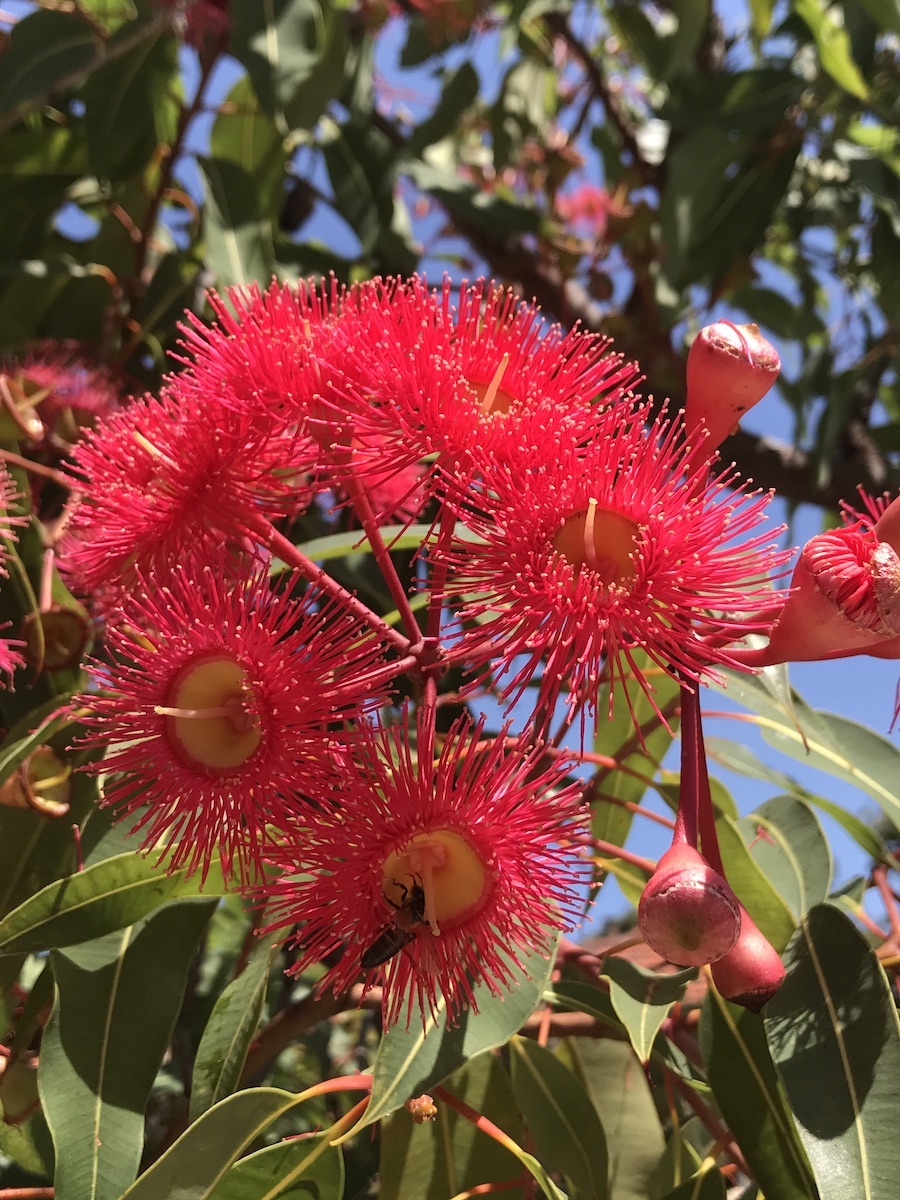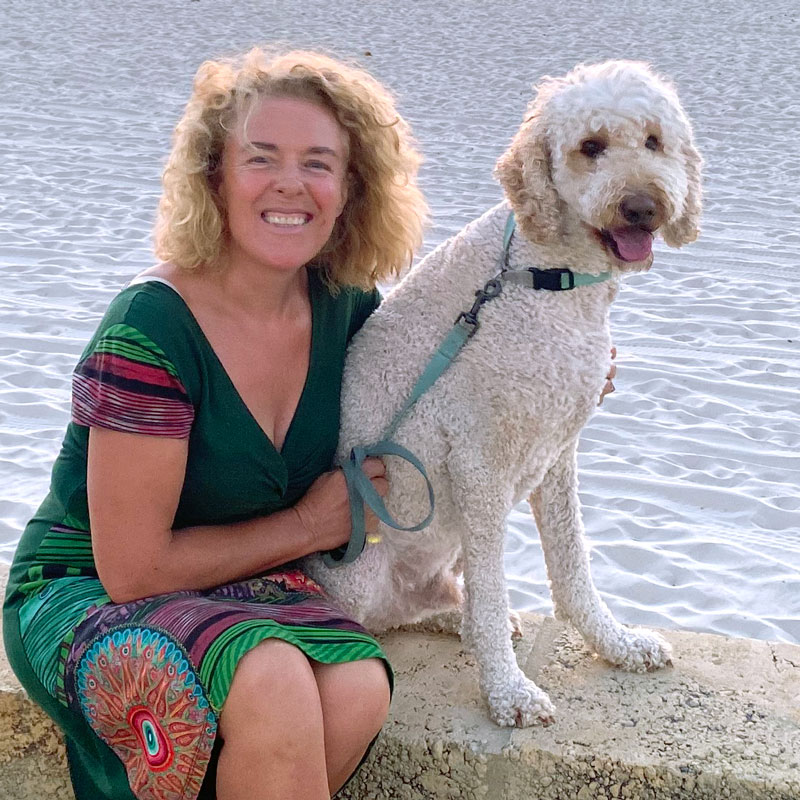Hello! I hope you’re doing OK. Here’s the link to the audio version of this week’s blog if you’d prefer to listen.
Sober reading
When I stopped using alcohol to cope, I channelled my energy into something healthier instead – learning about the human mind. A few weeks into my sober life, I noticed the cloud clearing from my vision and started to enjoy reading much more than I used to when I was drinking. This was partly down to the fact that my brain was more receptive to absorbing new information thanks to no longer having to contend with the numbing and dumbing effects of alcohol.
A mind that is naturally multiple
It was a psychologist who introduced me to a fascinating and transformative approach to therapy called IFS (Internal Family Systems) which allowed me to see that I wasn’t defined by my drinking alone. It’s a common trap that people fall into when they get labelled ‘alcoholic’ by others, or indeed label themselves in this way. Yes, we might have a part of us that has tendencies towards maladaptive behaviours such as substance abuse or gambling but that is only one part of the story that makes up a person. We are all a series of parts. The IFS model of therapy is based on the belief that the mind is naturally multiple, meaning that it is made up of many parts and all of them matter at one point in time or another. Our inner parts contain valuable qualities, and our core Self knows how to heal, allowing us to become integrated and whole. Each of our journeys is unique to us, and with the right support, we can gain greater insight into and appreciation for the role the various parts have played and may continue to play in our own self-development. Think about yourself for a moment in terms of the various parts that you may have – be it parent, worker, carer, loner, party animal, heavy drinker, over-eater, gym junkie, people pleaser, rebel, workaholic, fitness fanatic, etc. Be curious about the role the various parts might play in your life and be compassionate towards those parts because they came to be for a reason.
My light-bulb moment
For a very long time, I felt deeply shameful because I was abusing alcohol. I hated who I was because ‘Gill the drinker’ was a loser in my opinion and that was the only part I could see for a time. It was as though I defined myself in this way and in doing so sent a message out to the world that I was nothing but a loser. Enter stage left, IFS. This new perspective taught me that ‘Gill the drinker’, once upon a time, had a protective role to play in my life at times when I found it too hard to deal with my feelings. She helped me through difficult times, especially moments when I genuinely believed that the only way out was by ending my life. This was a light-bulb moment for me. To be able to admit that drinking had, at one point in my life, saved me from self-destructing. The irony of this is not lost on me but it is a powerful insight into how there was a time and a place for my drinking until it became more problematic than protective. At the time that my need to drink developed, I was plagued with feelings of not belonging because I believed that I was bad. The truth is that I was labelled ‘bad child’ for making poor choices. That’s how some kids were brought up back in the day. I didn’t know how or who to ask for help at the time. The ‘wounded inner child’ part of me went unnoticed. The ‘rebel child’ part got all the attention in the form of punishment for making poor choices. At the age of 15, ‘Gill the drinker’ part came into being and her role was to valiantly protect my wounded inner child from the pain of the past or from the pain of what was to come. ‘Gill the drinker’ continued to play an active role in protecting the hypersensitive Gill from negative and scary feelings right through until I was finally able to retire her from her role in the drama that my life had become four years ago. This was only made possible when I understood why she existed in the first place.
Uncovering other parts
At the same time that I was making this breakthrough, i.e., understanding that there is more to me than just being a drunk loser, I began to uncover parts of me that I had kept locked away. These are parts of me that are creative and strong, worthy, and capable. ‘Gill the drinker’ got in the way of ‘Gill the creative thinker’, ‘Gill the caring person’, ‘Gill the capable employee’ and kept me stuck in a dark place. Thanks to a quiet practice of meditation, I also found my Self – that higher, wiser part of me that has always been there since I was born. It’s a part of being human that never changes and a part that is naturally of a happy disposition. The same part is in you too because, as human beings, we are born of the same essence. To get a glimpse of this part you only need to take a look at a beautiful baby and observe how they live in a constant state of awe and how easily happiness comes to them. I’ve delved into this a bit deeper using the analogy of the buckets of water and the sunshine in blog number 72 (click on this link if you’d like to read it again).
Work-in-progress
Much of what I’ve written about here was happening within me at an unconscious level. It was only when I stopped drinking that I was able to clear a space for self-awareness. Slowly, with the help of my therapist, the underlying drivers of my problem-drinking ascended into my conscious mind, and I could begin to make sense of them. I should point out that I am still a work-in-progress. I am still in the process of making sense of the content of my unconscious mind, and most days, things will pop up that annoy me, surprise me, challenge me and remind me that I still have work to do. For example, there continues to be a lot of hurt stored away in my body that can be triggered by people and places. If I’m not careful, I can easily beat myself up for responding with anger and sadness. But thank goodness for self-awareness because it enables me to see why this happens and gives me the space to choose how I respond to it, and what I can learn from it. When we understand the why, we are more likely to go easier on ourselves. The important thing is to not get stuck in victim-mode but to emerge from that horrible dark place into the light of victor-mode where we get to choose what happens next. Let’s face it, the whole reason we suffer is because deep down we want better. We want more than this suffering. To be able to make changes we must begin to feel empowered by our own inner strength and know that we are just as deserving of happiness as the next person.
Learning to thrive, not just survive, with our woundedness
To conclude, this week’s blog is encouraging you to embrace all your parts because they came to be for a reason. Our suffering is a way of our higher Self letting us know that it might be time to retire one or more parts of us that no longer serves us well and to allow other more life-affirming parts to come to the fore so that we can thrive, not simply survive anymore. Know that it is OK to ask for help if you’re struggling. Exposing the vulnerable parts of yourself to people who care and who are committed to helping you is healing. Never let anyone tell you that your struggles are something to be ashamed of because everyone struggles at some time or another. Obviously, some people have more serious struggles than others, but ultimately none of us is getting out of here without some form of suffering. As the leading expert in trauma and addiction, Dr Gabor Mate, wrote in his new book, The Myth of Normal, ‘Whether we realize it or not, it is our woundedness, or how we cope with it, that dictates much of our behaviour, shapes our social habits, and informs our ways of thinking.’
Without the mind-altering effects of alcohol, I am finding it easier to embrace all my parts, heal my wounds, be gentler with myself and live my life on my terms.
I hope you took something meaningful from reading this today. Please share it with anyone who you think might benefit from some encouragement at this moment. Thanks for being here. Love as always, Gill x

